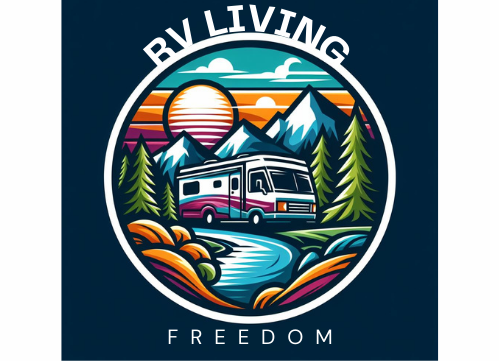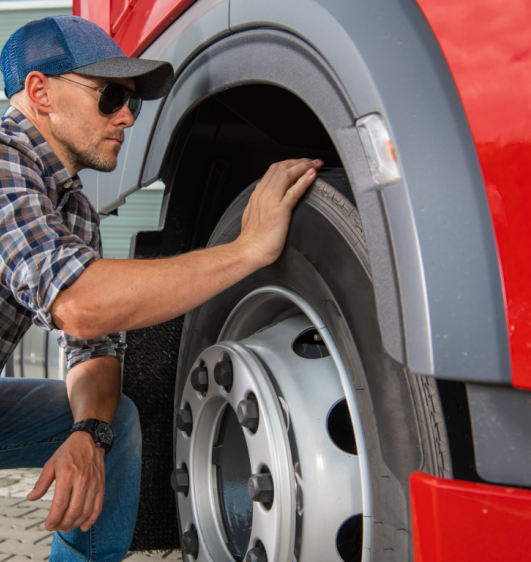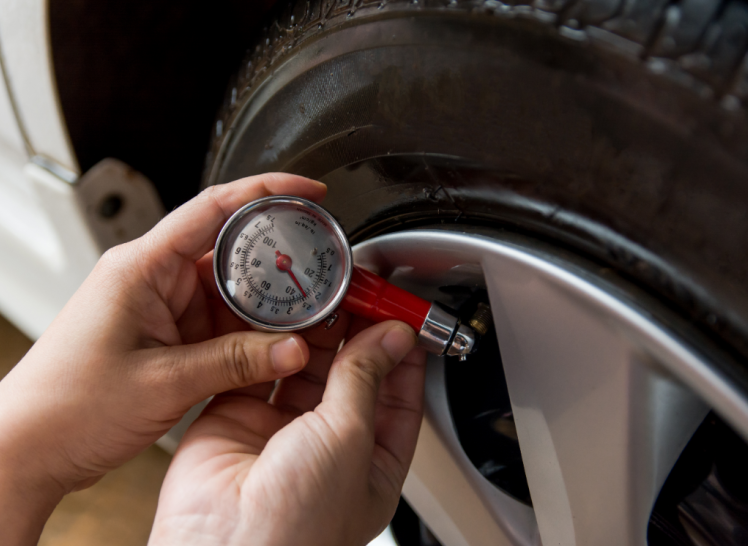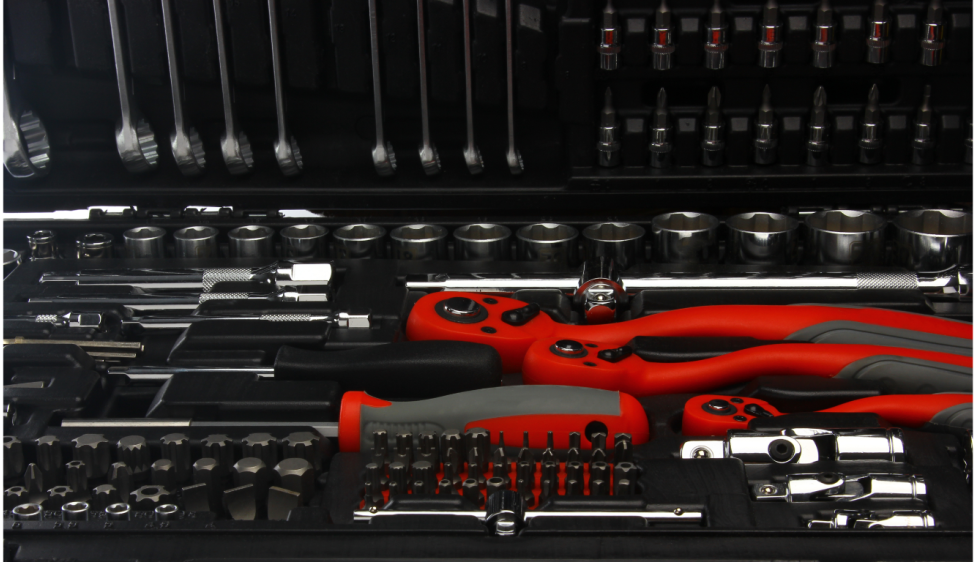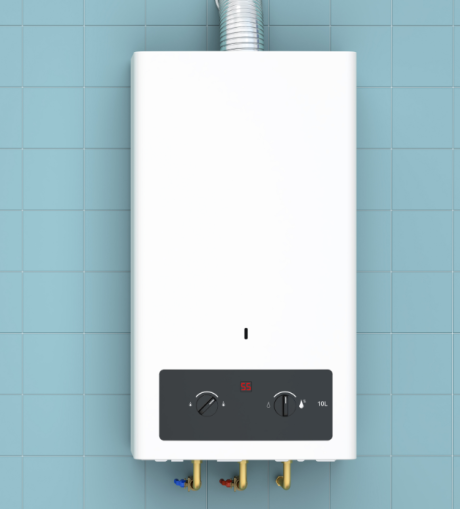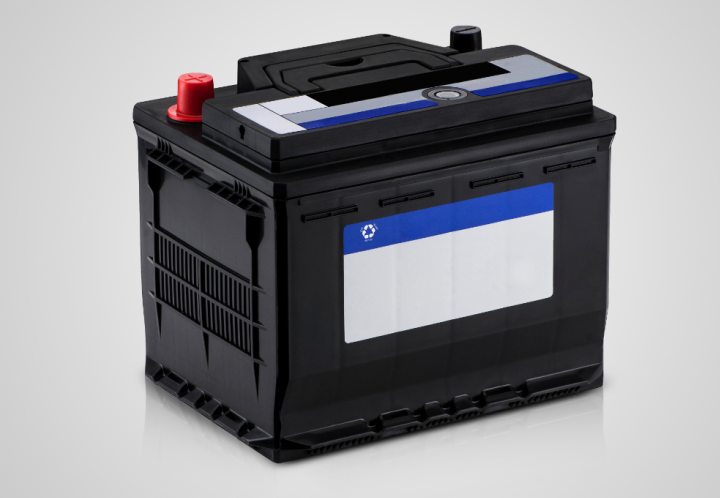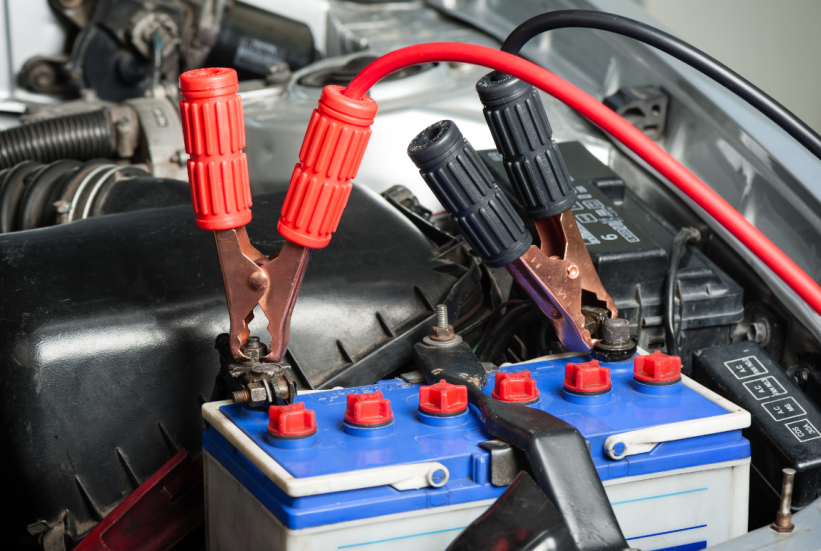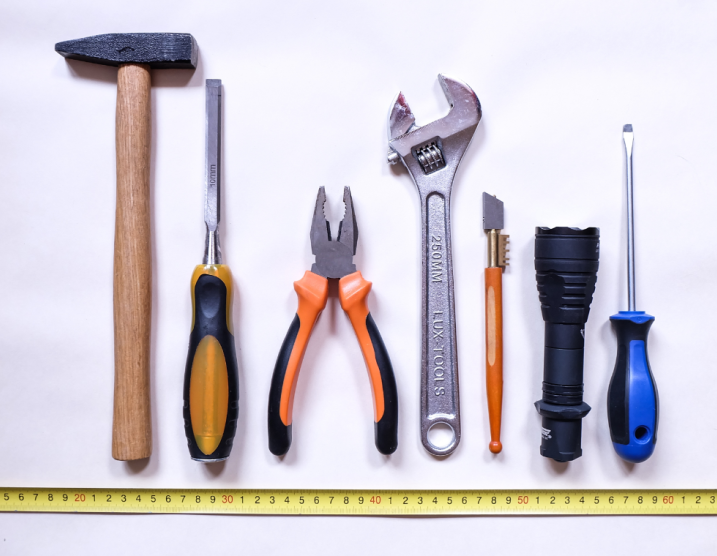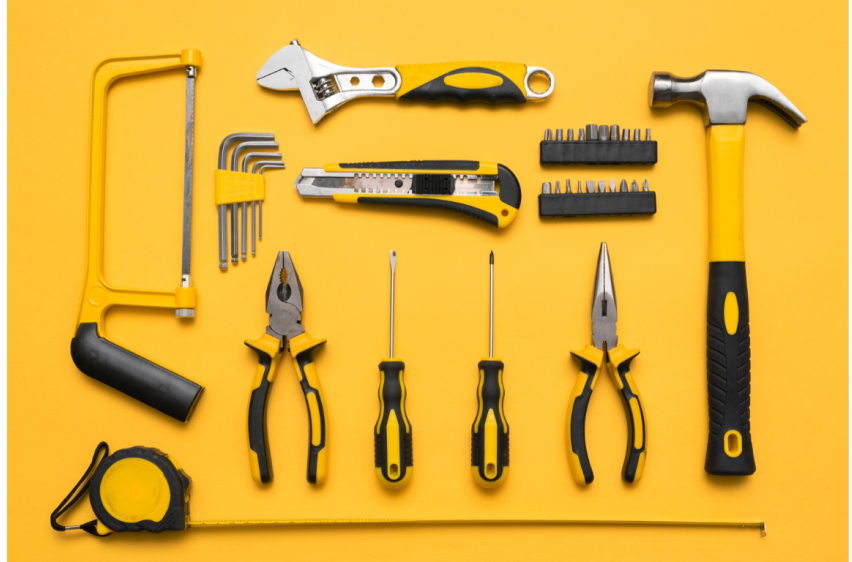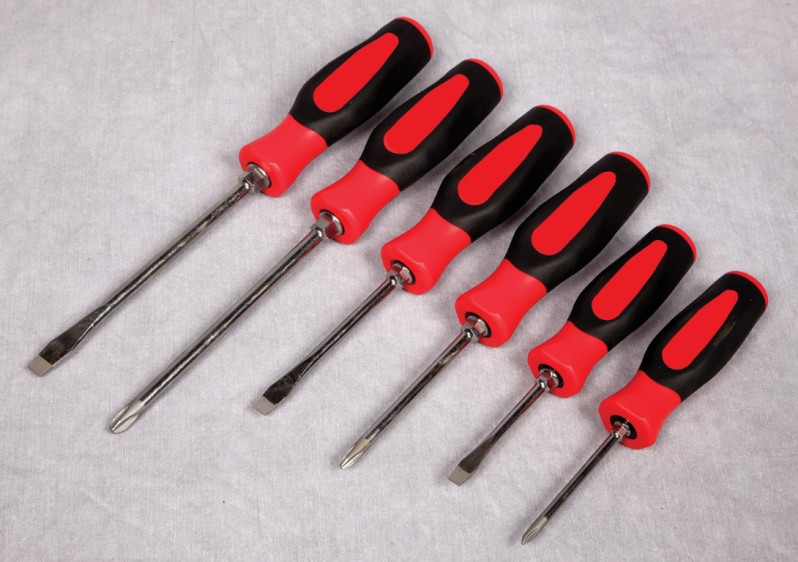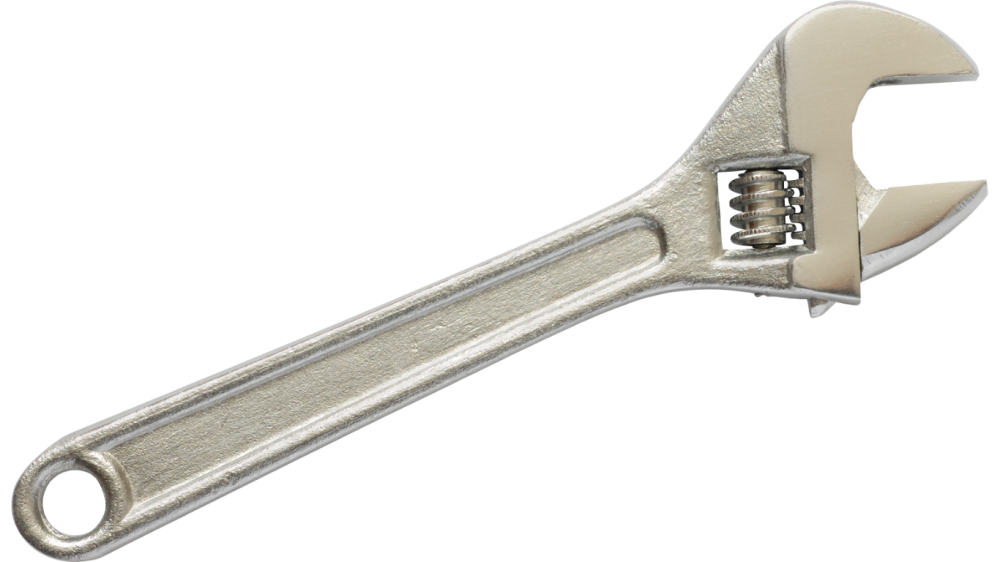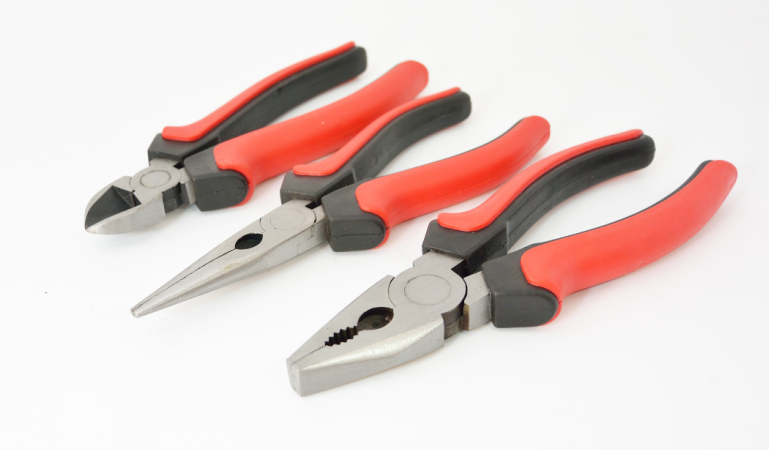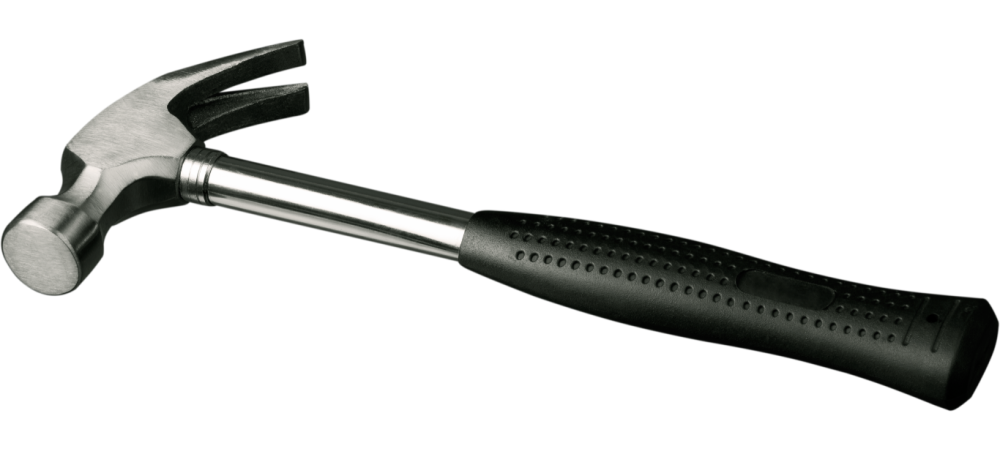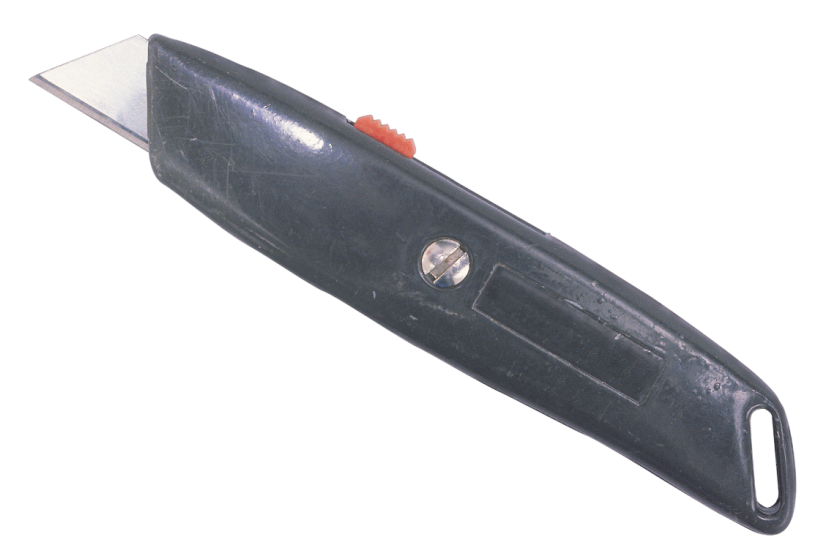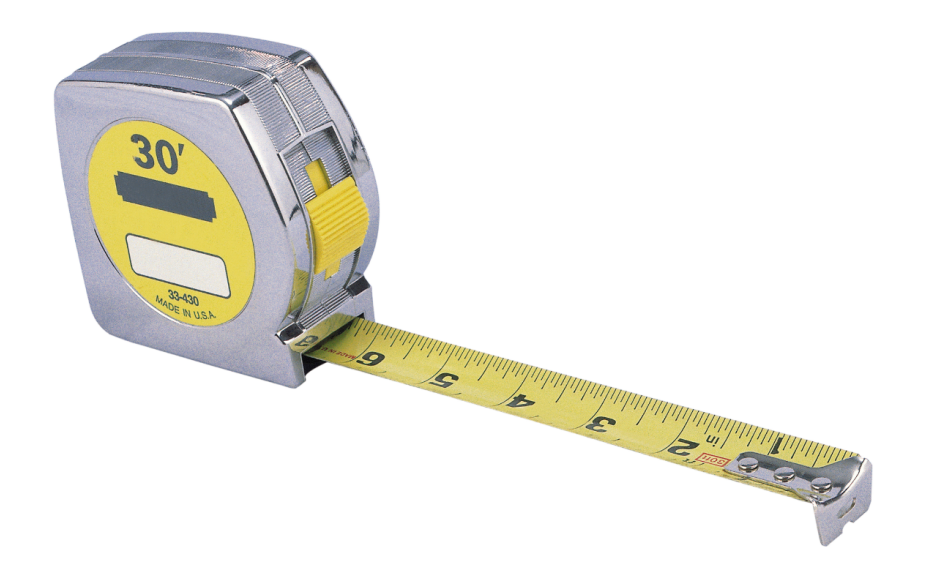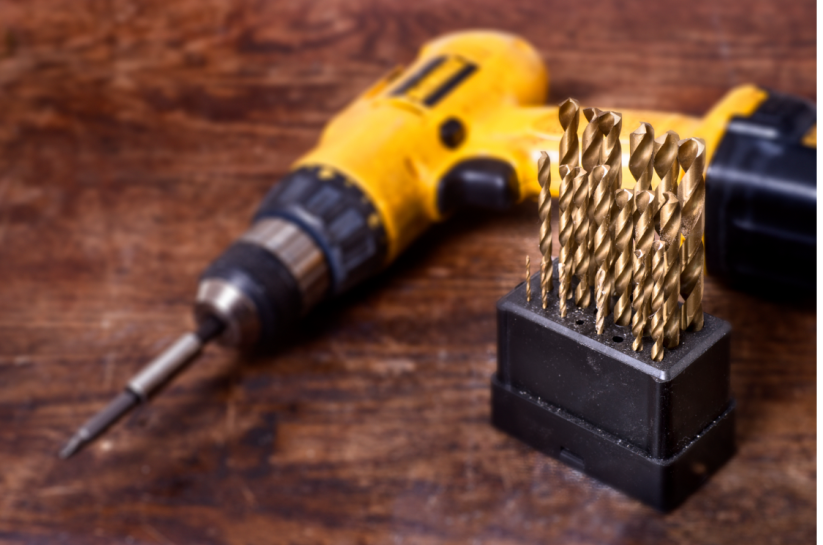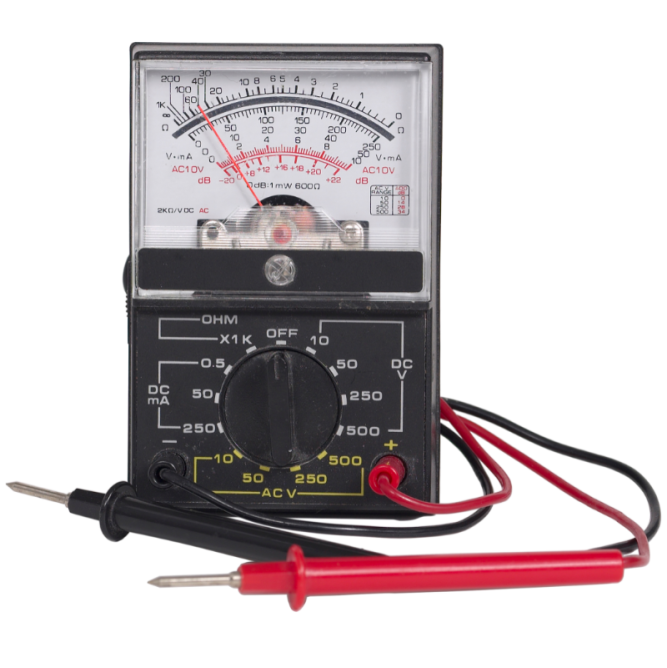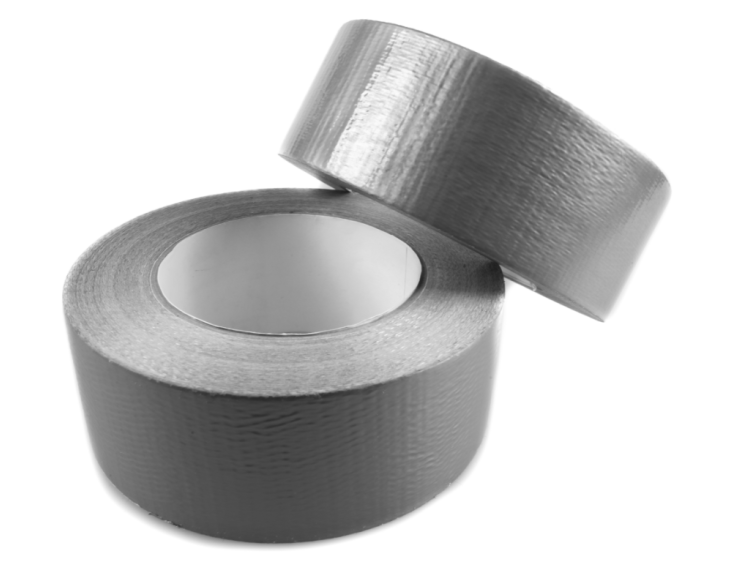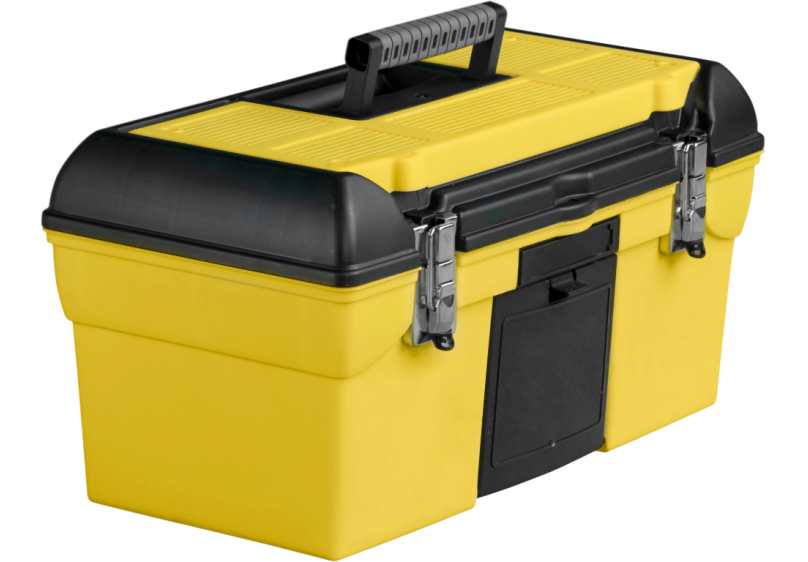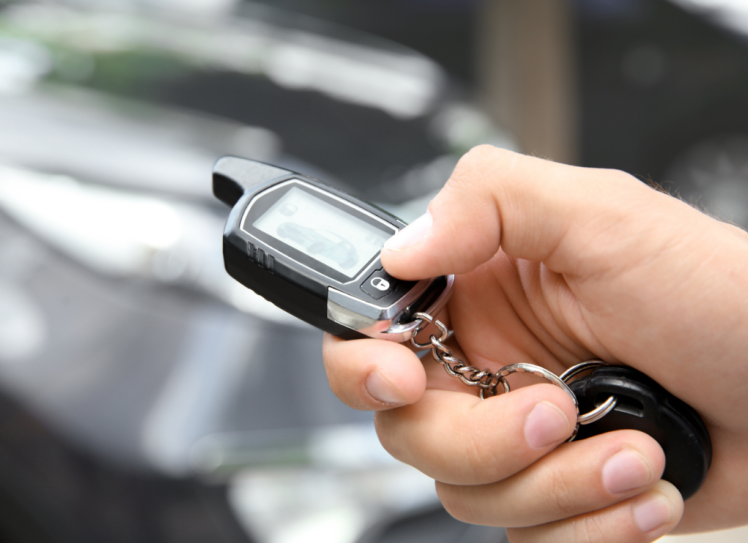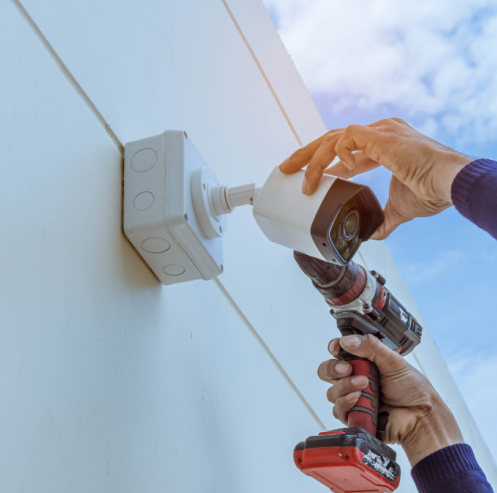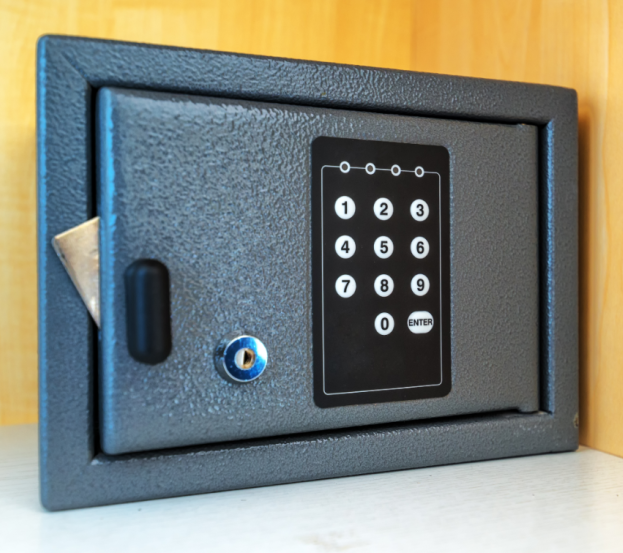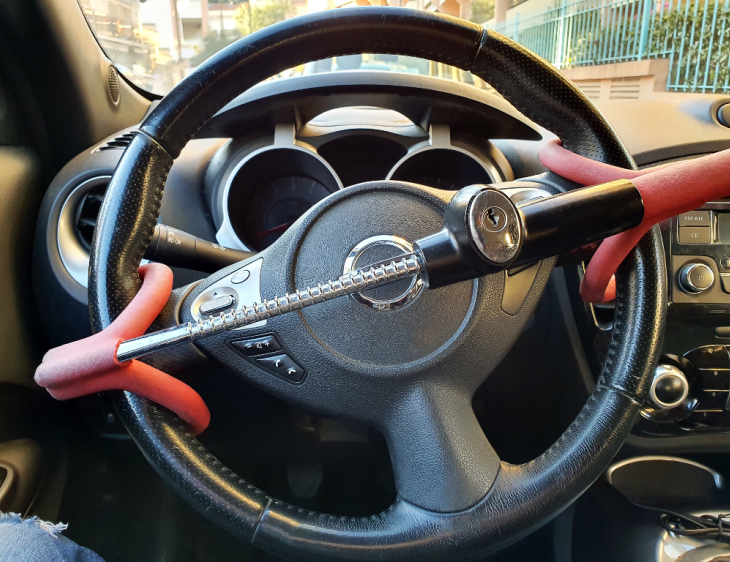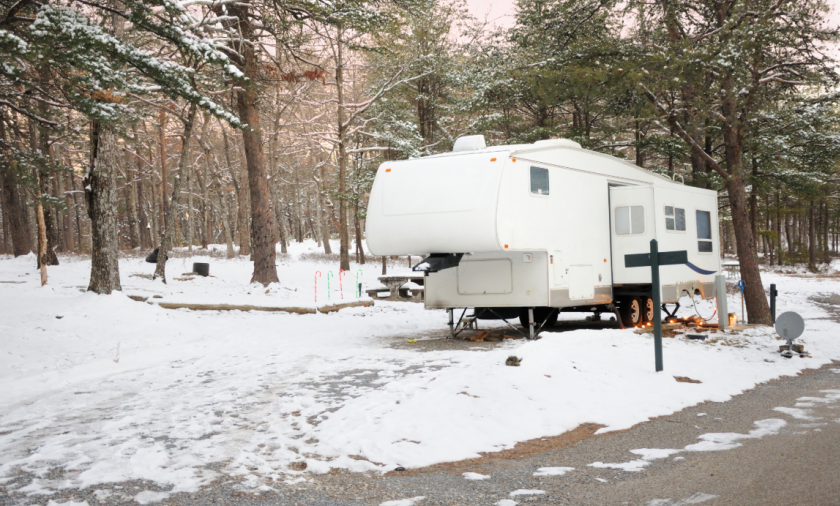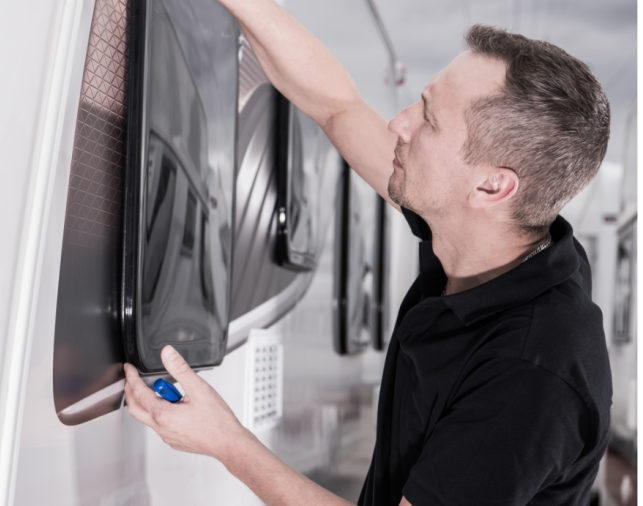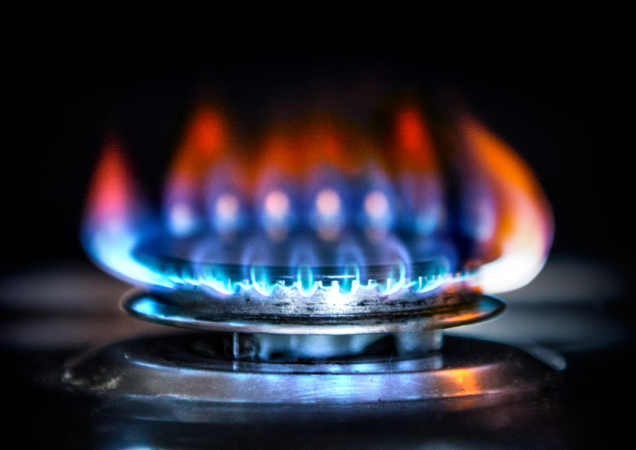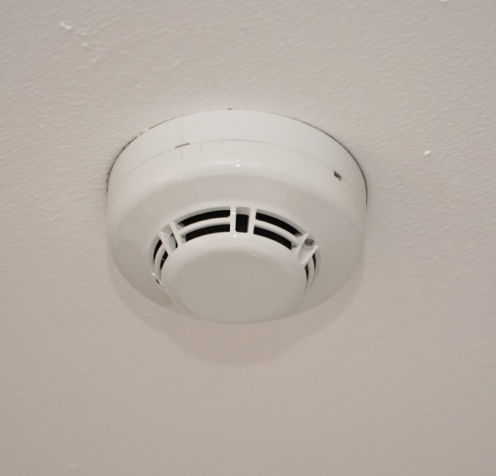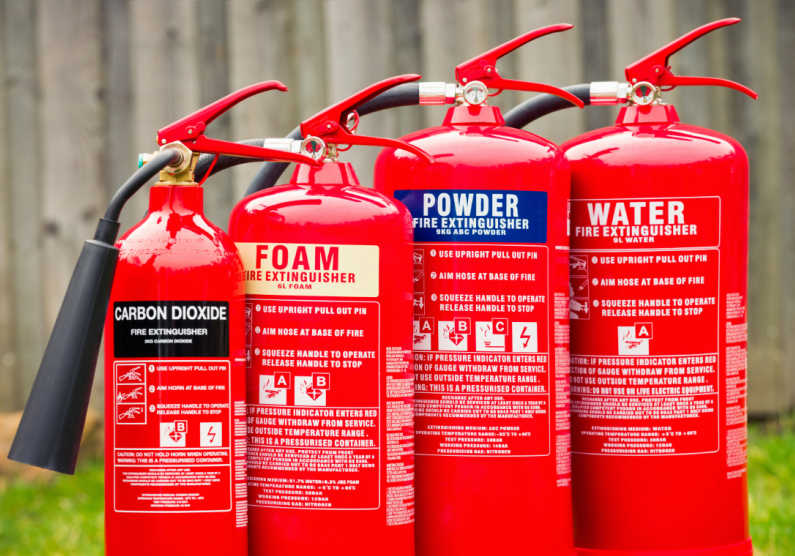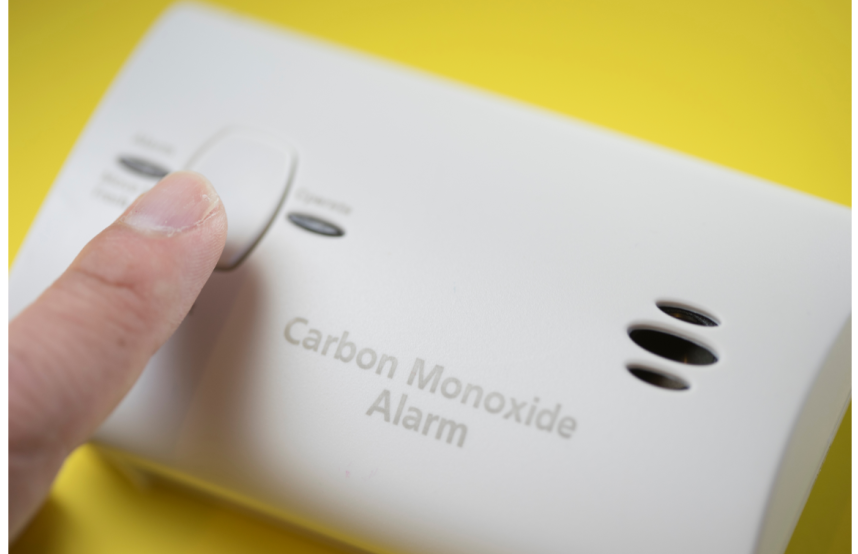Choosing the right RV insurance coverage, why it’s so important. Simply put, it’s about protecting your investment and ensuring you’re covered in case of unexpected mechanical issues. Whether you’re a weekend warrior or living the full-time RV lifestyle, having the right coverage is one of the most important things you can have.
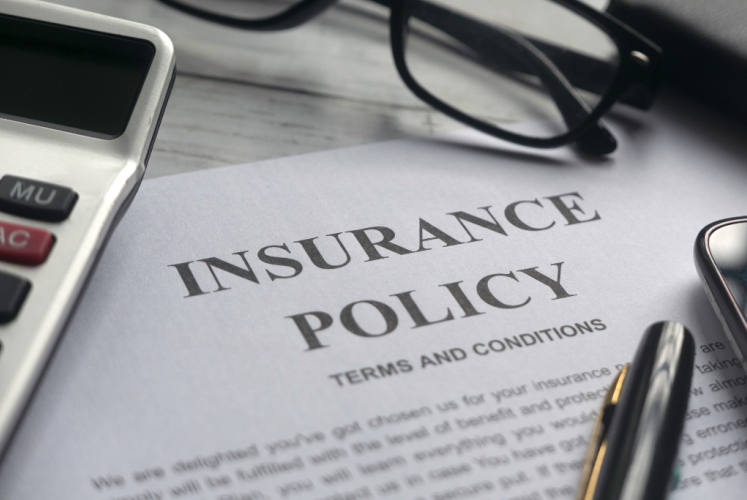
That being said, RV insurance isn’t a one-size-fits-all situation. There’s a variety of coverage options available, and it’s essential to understand what each one is about. You’ve got your basics:
Liability: which covers you if you’re responsible for an accident, collision for when you bump into something, and
Comprehensive: for all those other unpredictable moments—think natural disasters, theft, or vandalism. But that’s just scratching the surface. Depending on how you use your RV, you might also need to consider
Additional options: such as contents coverage, roadside assistance, or even full-timer coverage for those of you who call your RV home.
Choosing the right insurance coverage requires a good understanding of your personal needs. How often do you use your RV? Where do you travel? Are you adventuring solo or with family? These are just a few of the questions that can help you figure out the coverage that works with your lifestyle.

So, now that I’ve laid the groundwork, you’re probably wondering where to find this all-important RV insurance. I’ve got you covered. In the next section, I’m going to introduce you to five different insurance companies. I’ll break down what each one offers and share insights on their policies. This isn’t just about finding insurance; it’s about finding a partner that’ll protect your RV on the road.
Choosing the Best RV Insurance Provider: A Comparative Analysis
When it comes to hitting the road in your recreational vehicle (RV), having the right insurance isn’t just a good idea; it’s a must. But with so many options out there, how do you choose the right provider? Let me walk you through a comparative analysis of the top 5 RV insurance companies to make your decision a bit easier.
- Progressive Insurance:
- Progressive offers specialized RV insurance coverage for motorhomes, campers, trailers, and more.
- Coverage options include liability, collision, comprehensive, personal injury protection, and roadside assistance.
- Good Sam Insurance Agency:
- Good Sam specializes in RV insurance and offers customizable coverage options for RV owners.
- Coverage includes liability, collision, comprehensive, emergency expense, and vacation liability.
- National General Insurance:
- National General provides RV insurance tailored to the needs of RV owners, offering coverage for motorhomes, trailers, and campers.
- Coverage options include liability, collision, comprehensive, roadside assistance, and p
- Farmers Insurance:
- Farmers Insurance offers RV insurance coverage designed to protect RV owners and their vehicles.
- Allstate Insurance;
- Allstate provides RV insurance coverage for motorhomes, trailers, and campers, with customizable options to suit individual needs.
- Coverage includes liability, collision, comprehensive, uninsured/underinsured motorist, and roadside assistance.
Each of these providers offers something unique, from customizable plans to extensive networks of agents. Your choice should depend on what you value most: whether it’s the level of coverage, customer service, or the price of premiums. Don’t forget to compare the different policies and pay close attention to the fine print. With the right provider, you’ll have one less thing to worry about when you travel next.
Maximizing Your RV Insurance On the Road
So, you have your RV insurance all set up, but how do you make the most of it while hitting the road? Use technology to your advantage. Many insurance companies offer apps and online tools that allow you to manage your policy, request assistance, and file claims, all from your smartphone. This can be a godsend when you’re in a remote area and need quick help.

One thing that often gets overlooked is understanding the geographical limits of your coverage. Make sure you’re clear on where your insurance has you covered and where it doesn’t. This is especially crucial if you’re planning to cross state lines or travel internationally.
Now, finding service providers while you’re on the move is another concern. Thankfully, most insurance companies have online directories or apps that list their preferred service providers. This is where you can find repair shops or emergency services covered under your policy, ensuring that you receive service from trusted professionals.
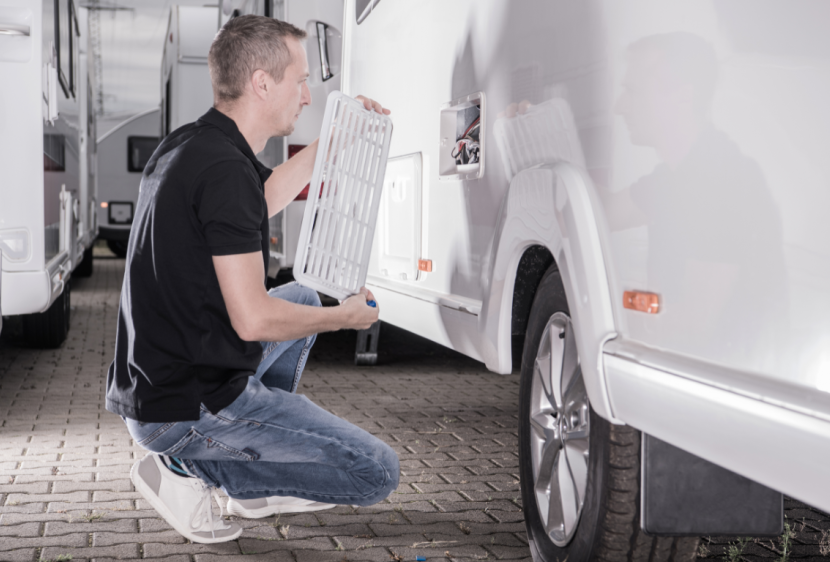
Filing a claim doesn’t have to be a headache, even when you’re away from home. Preparation is key – familiarize yourself with the claims process of your insurance company ahead of time. Have their contact info saved in your phone and keep all necessary documents within easy reach, maybe in a digital form. This can significantly speed up the process.
Once on the road, stay proactive about your insurance. Make sure you’re using all the tools and resources available to you for the smoothest possible journey. Remember, your RV insurance isn’t just about compliance; it’s a safety net that allows you to explore with peace of mind. I hope this helps you to choose the right insurance company while traveling on the road.
